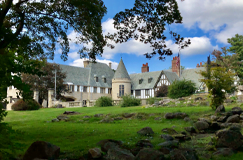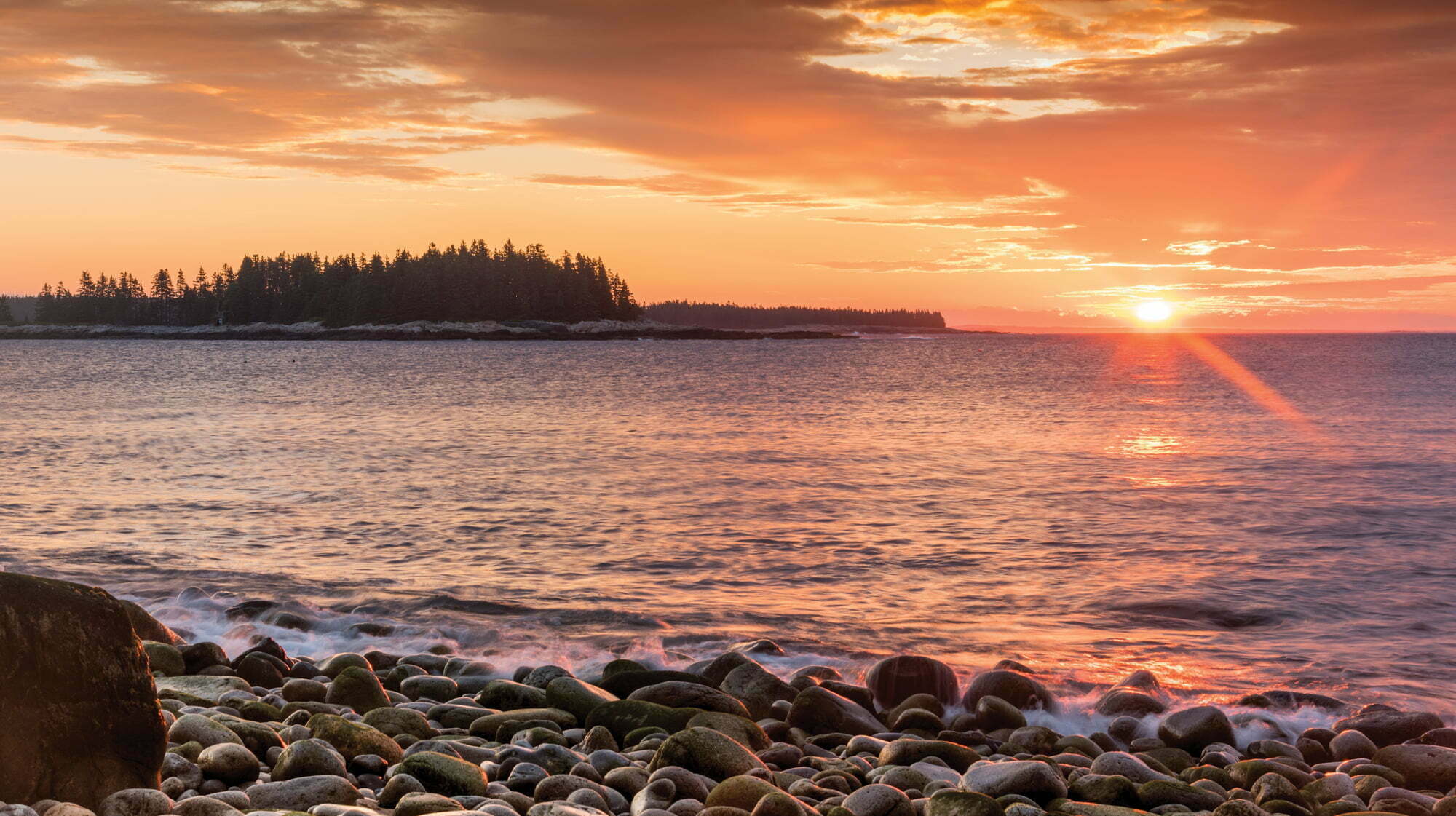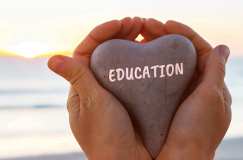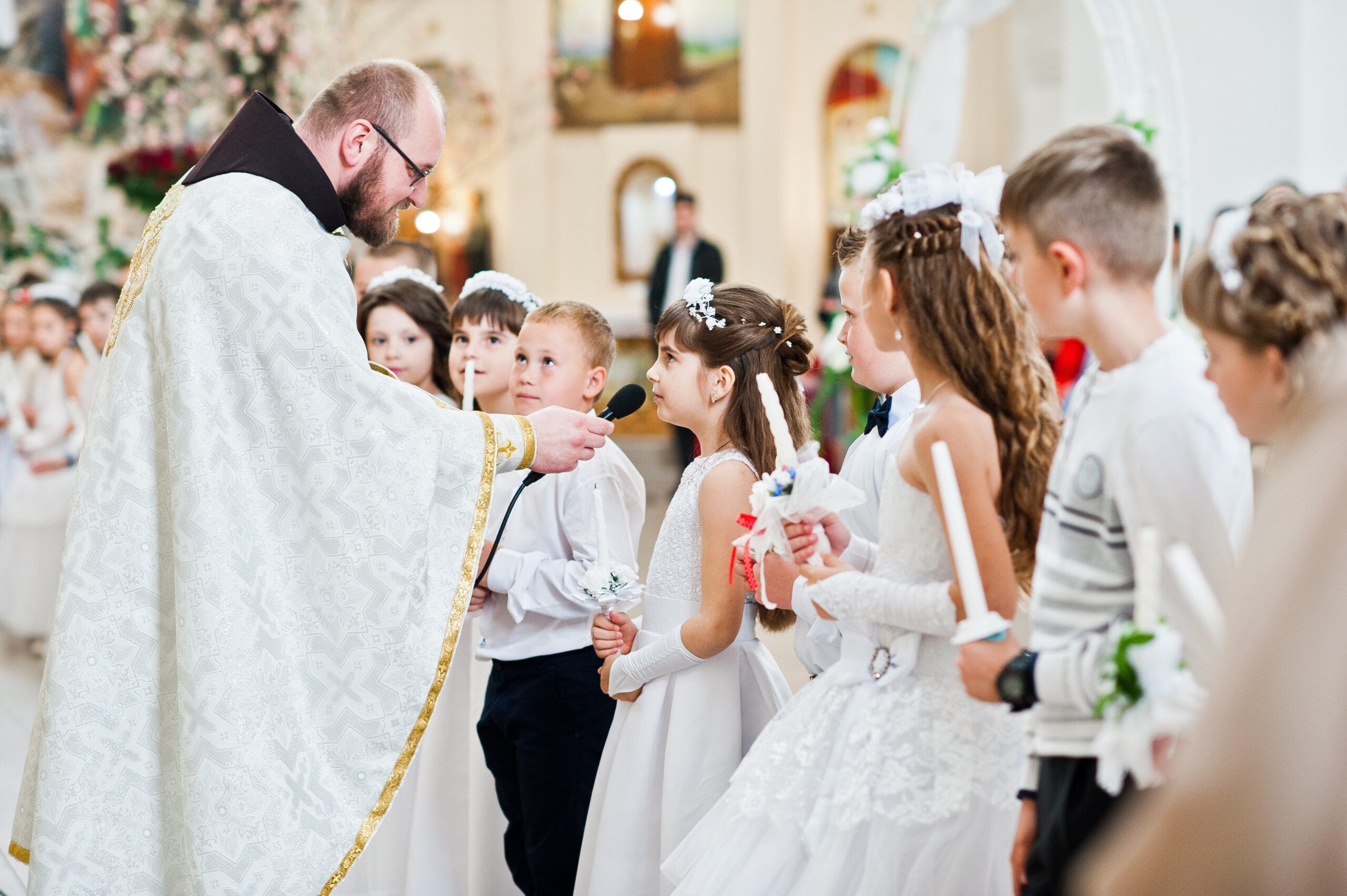For most of my life, I have been described as a bright light: joyful, funny, energetic, enthusiastic, and vibrant. These traits are part of my true essence, an essence that I slowly lost as I “dealt” alone with unprocessed trauma, PTSD symptoms, and the weight of leading a healthcare ministry during the global pandemic. I “dealt” through a variety of unhealthy coping mechanisms, including an eating disorder, substance abuse to help with sleep, and spending. I thought that once the pandemic ended, I would be able to deal with my trauma symptoms in healthier ways. I could not deal with it by myself, and my symptoms got worse. I realized after a very hard night of PTSD symptoms that I needed to ask for help.
Embraced in times of darkness
When I came to Guest House in January of 2023, my light had all but gone out. My darkness and shame were greeted with love. The staff at Guest House consistently loved me until I could love myself again. This was the foundation of my healing journey: Love. I no longer needed to “go it alone.” I was loved by God, my community leadership, my community, my friends, my treatment team, and my treatment community. Love gave me the strength and support that I needed to face my Trauma. For the first time, I was able to share my story, and it was validated. As a Survivor of childhood sexual abuse, to be validated and affirmed that what I experienced wasn’t okay, was life-changing for me. I was referred to a provider who works with Guest House, who specializes in eating disorders and complex trauma. This referral was a game-changer for me. It was because of the combination of my work in trauma therapy and the treatment program at Guest House that my light slowly returned.
Guest House taught me the skills to deal with my complex trauma in healthier ways. The treatment that I received at Guest House was holistic. The classes taught me new skills: mindfulness, emotion regulation, conflict resolution, the spirituality of the twelve steps, and nutrition. All these skills continue to support my ongoing healing. Guest House also gave me the space and support to redefine my relationship with God. Through spiritual direction, time spent in nature, and creative reflection, I was able to heal and deepen my relationship with God.
At Guest House, I was encouraged to attend 12-Step meetings. I began to work the program of Eating Disorders Anonymous and, more recently, the program of Adult Children of Alcoholics.






